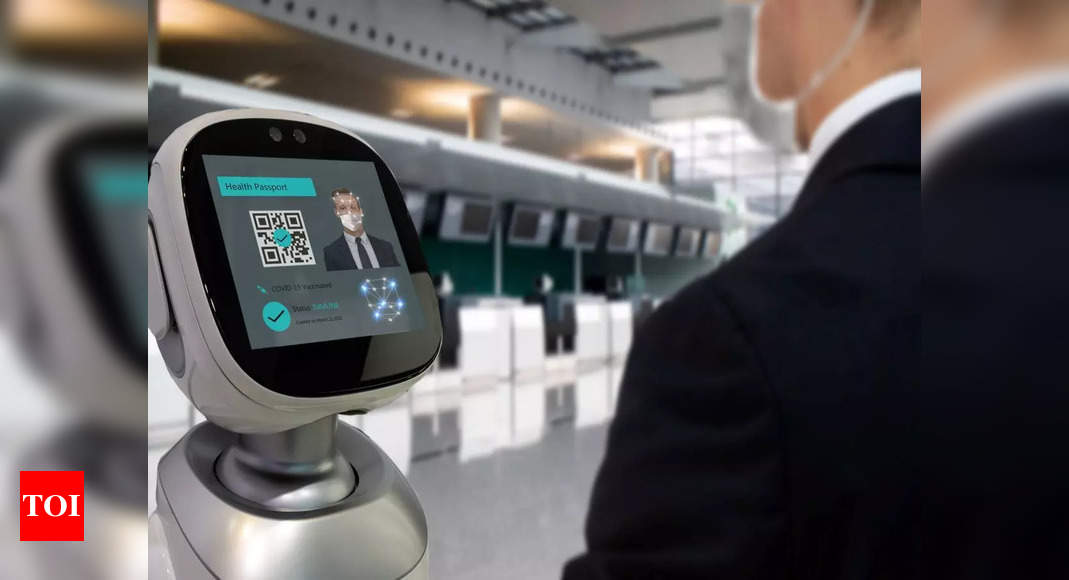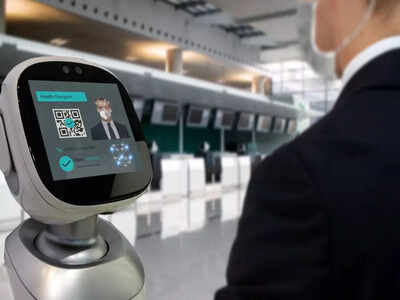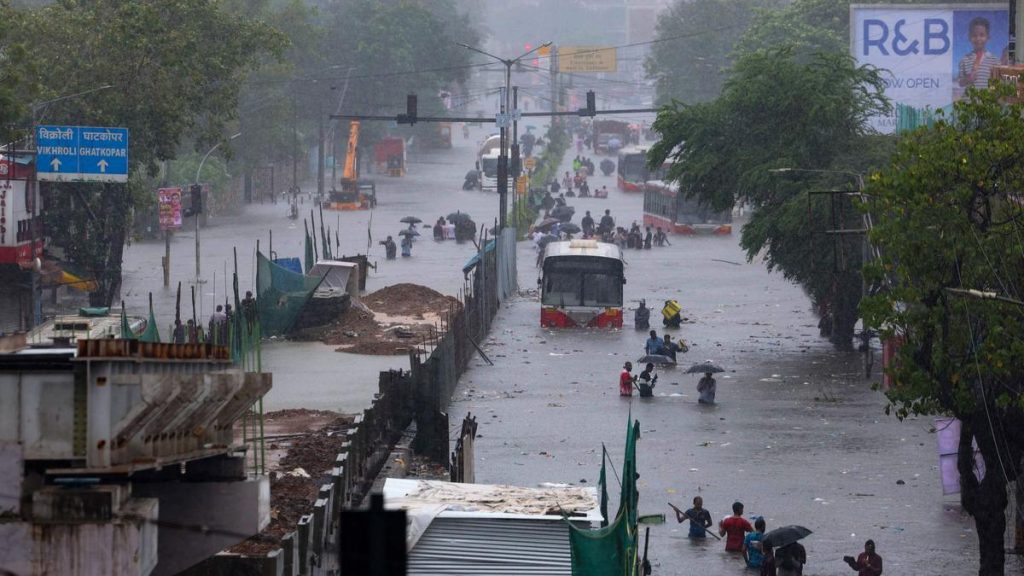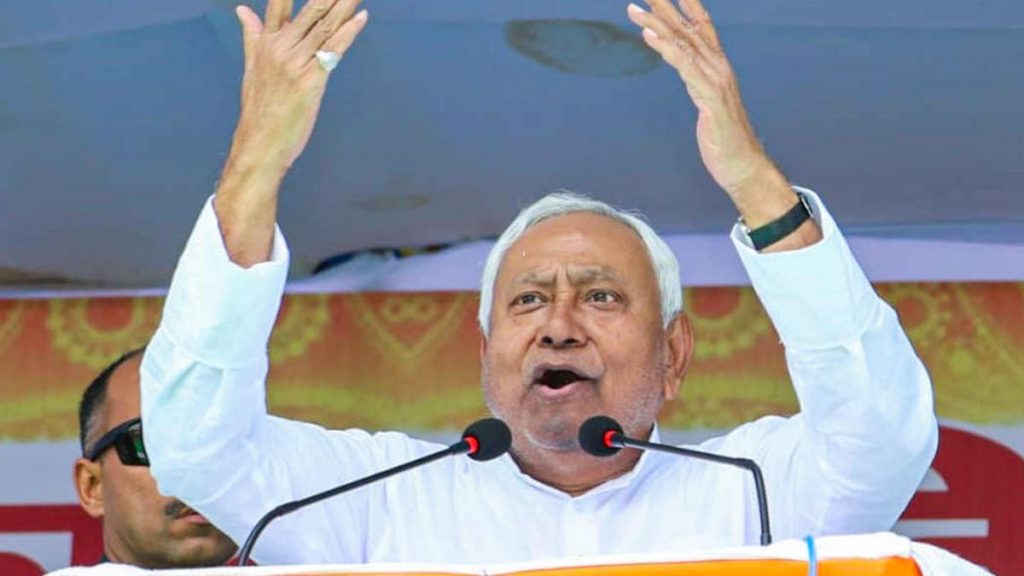Now Reading: Digital Travel Passes to Replace Boarding Checks in India
-
01
Digital Travel Passes to Replace Boarding Checks in India
Digital Travel Passes to Replace Boarding Checks in India

Swift summary
- ICAO Initiative: The International Civil Aviation Organisation (ICAO) plans to introduce digital travel passes using facial recognition technology by 2028.
- Features of Digital Travel Credential: Pass will include passport details, flight data, and real-time updates accessible via smartphones. No need for paper boarding passes or physical check-ins.
- Facial recognition System: Travelers will be authenticated by facial scanners instead of presenting conventional documents at airport checkpoints.
- Privacy Concerns Addressed: Partners like Amadeus promise to delete personal data within 15 seconds after each checkpoint use to balance privacy and convenience.
- Infrastructure Requirements: Airports worldwide will need upgrades, including real-time synchronization systems for airlines and immigration departments along with new hardware like mobile passport scanners and facial recognition cameras.
- Real-Time Updates Feature: Should flight disruptions occur, the pass updates automatically with revised schedules and gate information without requiring desk assistance.
- Timeline for Rollout: Targeted implementation globally within three years; major international airports may adopt it earlier based on technological readiness.



Indian Opinion Analysis
The ICAO-led initiative towards digital travel credentials represents a significant evolution in global air travel. For India-a rapidly growing aviation market poised to become an international hub-such technological advancements could streamline passenger experience at large airports like Delhi and Mumbai while enhancing operational efficiency. though, integrating this system would require substantial investments in IT infrastructure and coordination among airlines, immigration departments, and airport authorities.
The emphasis on data privacy could help mitigate concerns over widespread surveillance-a topic closely watched globally but also relevant domestically given India’s ongoing debates around digital privacy laws. Furthermore, implementing real-time update systems adds resilience against delays often experienced at Indian airports due to congestions.
For India to benefit from such innovations by the projected timeline (2028), early planning between regulatory bodies like DGCA (Directorate General of Civil Aviation) alongside international collaboration remains critical for readiness when adoption scales globally.



























